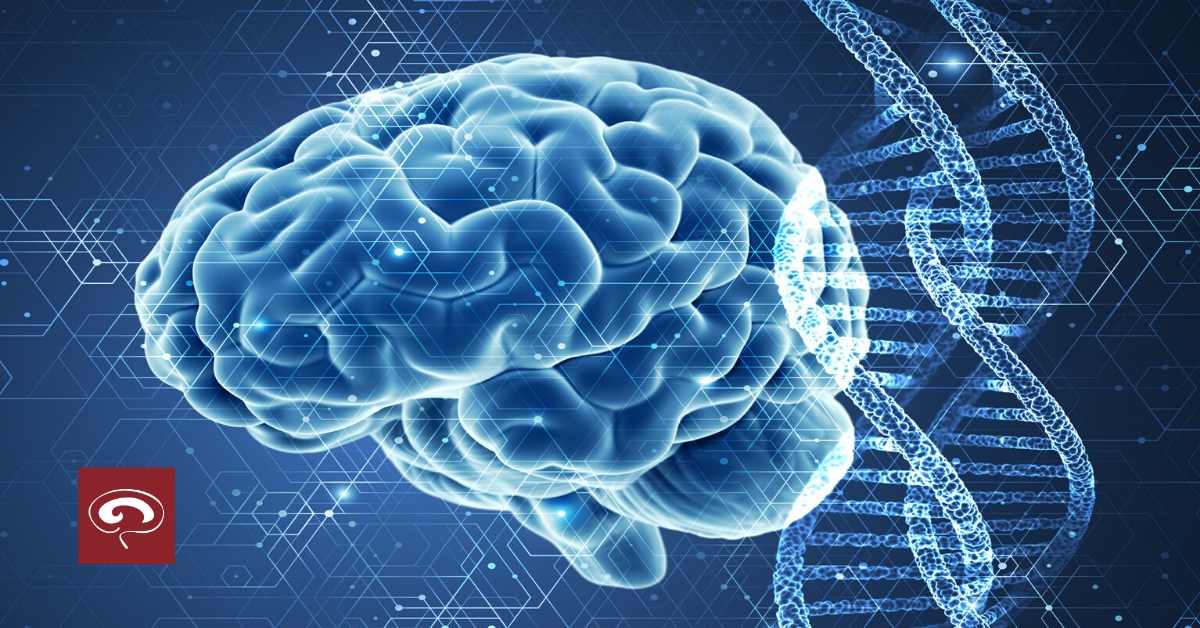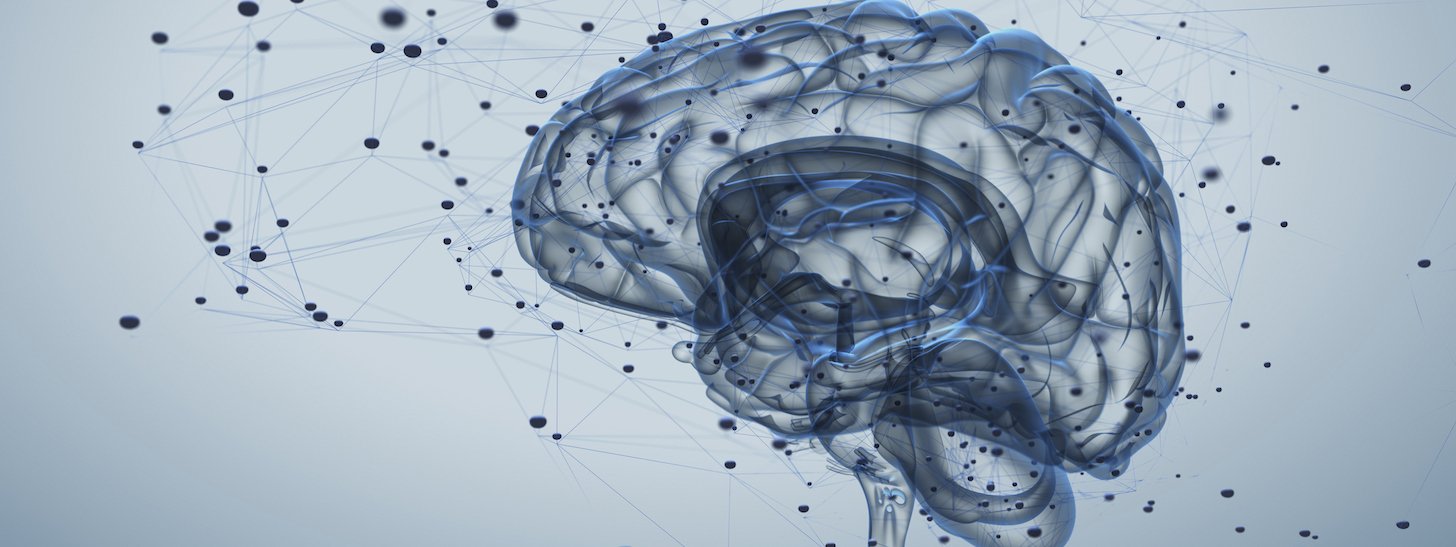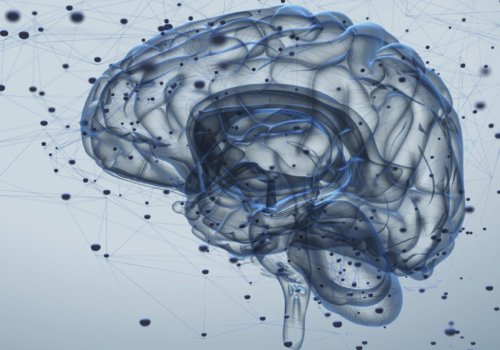
The Genetics of Migraine: Q&A
William Renthal, MD, PhD, discusses his work on the RNA sequence of migraine genes
It is widely accepted that migraine has a genetic component. But the genetics of migraine and how the disease develops is not yet well understood.
“We know genetic variation within certain genes increases your risk for developing migraine, but we don’t understand how this happens,” says Will Renthal, MD, PhD.
Dr. Renthal’s work is aimed at better understanding the genetic basis of migraine and how this information can be used to guide next-generation therapies. The American Headache Society recently spoke with Dr. Renthal about new technology that can allow researchers to better understand migraine at the cellular level.

What are you currently working on?
The development of a new technology called single-cell RNA sequencing allows us to measure the expression of every gene within individual cells rather than older methods that required blending many cell types together and losing track from which cells they were expressed. We can now see which nervous system cell types actually express the genes associated with increased migraine risk. For example, if a migraine-associated gene is exclusively expressed in neurons, we now know to explore how variation in this gene affects neuronal function. If a migraine-associated gene is only expressed in vascular cells, however, we would know to study a very different biological process.
What can this teach health care providers about migraine and genetics?
It turns out that some migraine-associated genes are expressed predominantly in a specific subtype of cells. This leads us to believe is that some patients may have certain cell types that are largely responsible for their migraine. So, if you take two migraine patients with otherwise similar headaches, one might have a set of genes that causes their neurons to function abnormally and the other may have a set of genes that causes their blood vessels not dilate the right way. These genetic and physiological differences between patients may have important diagnostic and treatment implications. More research is needed, but I imagine a future where headache specialists can personalize treatments simply from a cheek swab or a blood test.
What’s the broader perspective of the genetic research landscape for headache?
What we’ve been able to show is that certain genes are expressed within specific subtypes of cells in the brain and peripheral nervous system. We’re hoping to use this information to personalize care by stratifying migraine patients into different groups based on their most affected nervous system cell types.
If you look at the past 20 years of migraine research, it’s led to real medications that are out there helping people in the clinic. I am hopeful that migraine genetics will give us clues for how to develop the next set of drugs for people who don’t have adequate treatment yet.
Will Renthal, MD, PhD, is a member of the American Headache Society. AHS is a professional society for doctors and other health care workers specializing in studying and treating headache and migraine. The Society’s objectives are to promote the exchange of information and ideas concerning the causes and treatments of headache and related painful disorders, and to share and advance the work of its members. Learn more about the American Headache Society’s work and find out how you can become a member today.


